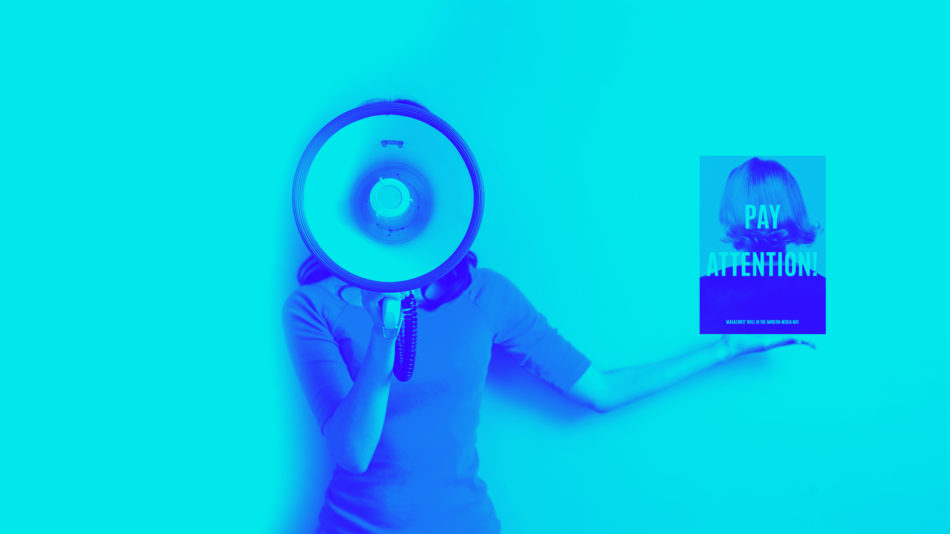Moments That Matter
In Brief
‘Moments that Matter’ looks at the relationship consumers have with magazine content and the implications for advertising and marketing.
Inspired by the theories in Paul Dolan’s Book ‘Happiness by Design’ we wanted to look at the impact on happiness and well-being from magazine media. Intuitively we felt that magazine media could be a reprieve from the constant attention switching and distractions of our busy lives so set out to test the hypothesis
To test our theory, we adopted a multi stage approach incorporating both quant and qual techniques:
- Contextual evidence: an immersion into the theories around well-being and the impact this has on media and advertising
- Media chat: online community with 50 magazine consumers, to understand context, drivers and the relationship with magazines
- 10 video enabled depth-interviews to help define and flesh out the key moments in media and magazine consumption
- A two part quant survey
- Part 1- online survey with 2000 magazine consumers, representative of magazine readership
- Part 2- a follow up ‘in the moment’ mobile survey with 400 readers from the original sample, representative of differing levels of magazine readership
The Moments That Matter study reveals the varying contribution of all media channels to well-being and explored what this context means for advertising.
Key Findings
- The magazine moment makes us feel good, and this is especially true for millennials, magazines moments deliver a 6% uplift in subjective wellbeing and this rises to 12% for Millennials
- Magazine media deliver against both pleasure and purpose, whereas all other media are biased towards one of these elements
- More specifically Magazine media are top for pleasurable reward moments and second only to search for purposeful information moments
- The higher subjective well-being that magazine media provides increases receptivity to advertising and aids memory and recall
- When comparing different media channels there is a general openness to magazine advertising, with magazine media outperforming other media
- When asked specifically about advertising in magazines, 59% of readers describe magazine advertising as welcome and 50% actively read the adverts, this increases to 74% and 64% respectively when asked this question in the moment
Implications for Advertisers
In a media environment where attention and receptivity to advertising can be a challenge, the positive context of magazines provide a welcome environment for advertising, where consumers are more open to more brand messages.


